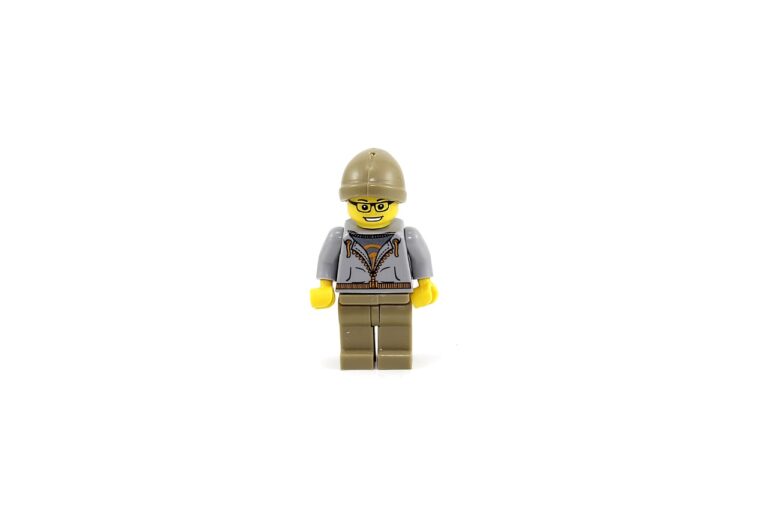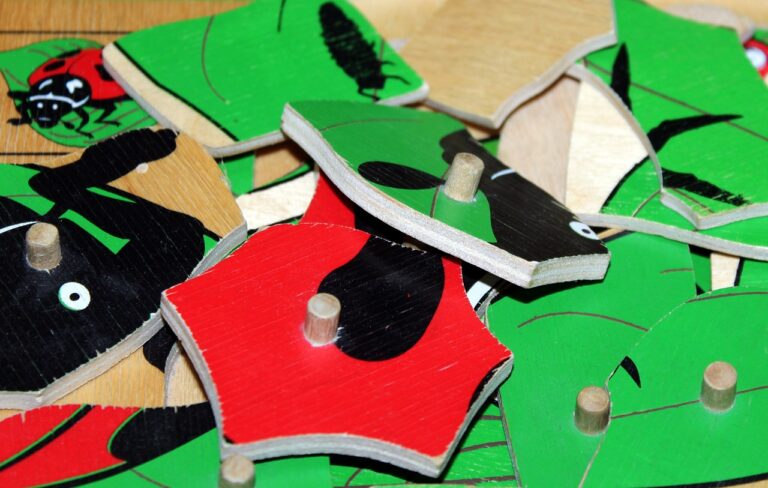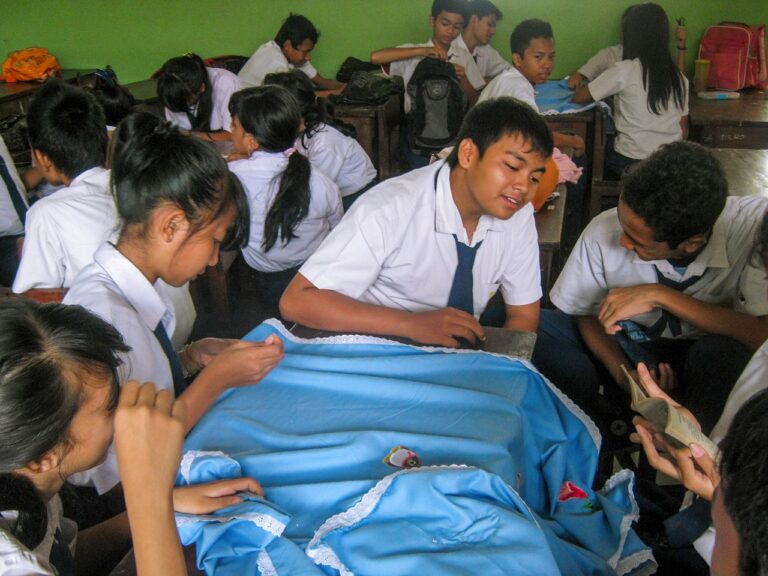Promoting Positive Peer Relationships in Schools
Positive peer relationships in school are crucial for a student’s social and emotional development. These relationships can foster a sense of belonging and acceptance, leading to increased self-esteem and overall well-being. When students feel supported and valued by their peers, they are more likely to engage in classroom activities, participate in group projects, and collaborate effectively with others.
Additionally, positive peer relationships can have a significant impact on academic performance. Students who have strong connections with their peers are more motivated to attend school regularly, engage in learning experiences, and seek help when needed. By creating a positive and supportive peer environment, schools can enhance students’ overall educational experience and contribute to their long-term success.
Understanding the Impact of Negative Peer Relationships
Negative peer relationships can have detrimental effects on students’ academic performance as well as their emotional well-being. When students are surrounded by peers who bring them down, bully them, or discourage them from succeeding, it can lead to feelings of inadequacy, anxiety, and even depression. This can create a toxic environment where students may feel isolated, misunderstood, and unable to reach their full potential in school.
Furthermore, negative peer relationships can also contribute to behavioral issues in students. When students are influenced by peers who engage in problematic behaviors such as bullying, substance abuse, or delinquency, they may be more likely to adopt these behaviors themselves. This can not only impact their academic performance but also their relationships with teachers, family, and future prospects. It is crucial for educators and parents to be aware of the impact of negative peer relationships and take proactive steps to address and mitigate these issues.
How can positive peer relationships benefit students in school?
Positive peer relationships can lead to increased feelings of belonging, improved academic performance, reduced feelings of loneliness, and overall better mental health.
What are some signs of negative peer relationships?
Signs of negative peer relationships may include bullying, exclusion, gossiping, peer pressure, and feelings of loneliness or isolation.
How can negative peer relationships impact students?
Negative peer relationships can lead to decreased self-esteem, increased stress and anxiety, poor academic performance, and even long-term mental health issues.
What can students do if they are experiencing negative peer relationships?
Students should seek support from a trusted adult, such as a teacher or counselor, and consider reaching out to positive peers for support. Building self-confidence and setting boundaries can also help navigate negative peer relationships.
How important is it for schools to address negative peer relationships?
It is crucial for schools to address negative peer relationships as they can have a significant impact on students’ well-being and academic success. Implementing anti-bullying programs and promoting positive peer interactions can help create a supportive school environment.





